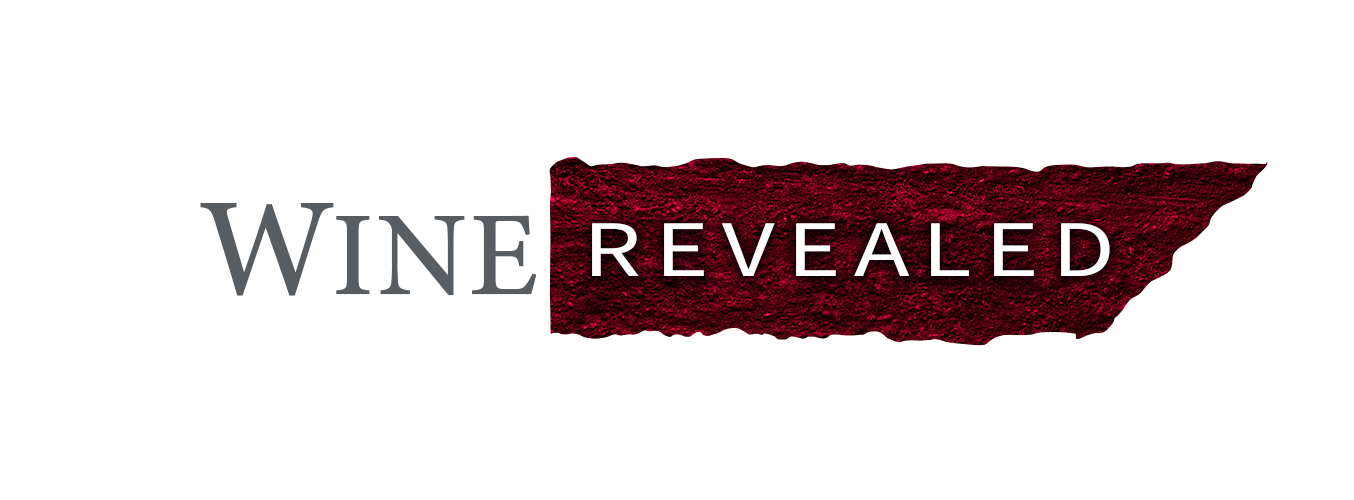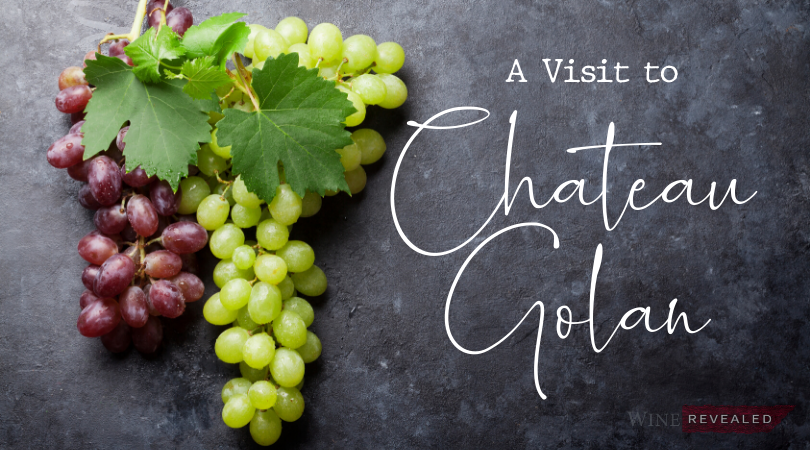If you’ve read the numerous references to wine throughout the Bible, attended a Seder dinner at Passover, or recall that Jesus’s first public miracle was turning water into wine, you may think that wine and Israel are a natural association.
However, in recent decades, Israelis have lagged behind a long list of other nations in terms of wine consumption, and most of their wine was traditionally made for religious purposes. It wasn’t until the 1960s that wineries started making table wines, and growth of the industry has been slow-paced.
Speculating on Israeli wine consumption, Haim Gan (director of Ish Hanavim, a Tel Aviv wine shop) opines, “young Israelis see alcoholic drinks as sexy, and wine as stodgier, more archaic.”
However, the wine trend is picking up. Explains Rebecca Fineman of GuildSomm.com, “Although Israel’s winemaking tradition is ancient, the current industry is still young. Israel has been widely recognized as capable of producing world-class wines, and growth is happening fast—one of the biggest problems is that supply cannot meet demand!”
There are an estimated 300 wineries in Israel, producing 40–45 million bottles of wine per year. Much of it is consumed within the country, with just 20% exported each year. Most of this exported wine goes to the United States.
The five primary wine regions of Israel: Galilee, Shomron, Samson, Judean Hills, and Negev.
While filming Wine Revealed, we had the privilege of visiting Chateau Golan in the Golan Heights, Galilee region. We got to meet with Yitzhak Ribak, Partner and Wine Grower at Chateau Golan. This area was part of Syria until The Israelis took control in 1967.
Yitzhak was one of many farmers sent to cultivate the land of the Golan Heights in the early days of Israeli control. He planted grapes, and saw that they did quite well there. He explains that they were pioneers with their vineyards in the early years.

Chateau Golan currently grows 10 grape varieties. They try to focus on grapes that give good results for this area. They produce over 90,000 bottles per year and focus on quality above all. Their efforts have been rewarded with awards and high ratings.
The local soil is volcanic and the climate is dry and moderate. Yitzhak describes the soil as basalt soil. The quality of this soil is evident in the grapes and other crops, and improves their flavors. He explains, “It’s big, big advantage. One of the big advantages we have in the world is the soil.”
Basalt is a volcanic soil that is found in some of the world’s most renowned wine regions, including parts of Italy, Germany, Portugal, and the American Northwest. “The soil is thought to inhibit uptake of phosphorus and potassium by the vines, which results in higher acidity levels,” explains Wayne Belding of WineReviewOnline.com.
Chateau Golan sits just 2 ½ miles from the Syrian border fence. The peaceful beauty of Chateau Golan’s vineyards seems a world away from the neighboring war, but as Yitzhak explains, “we see the boom, we see the smoke… We don’t feel nothing except noise.”
Part of our visit to the vineyards took us right up to the wall, where concrete blocks are positioned for cover if bullets come through the fence. Ominous signs warn of the potential dangers.
Unbeknownst to many outside of Israel, hospitals in the Golan Heights take in Syrian wounded for care. “It’s very sad story,” Yitzhak adds, “we do what we can do.”
One of the delicious wines we sampled on our visit was the Pink Geshem – meaning in Hebrew, “pink rain.” Chateau Golan also makes a white and red Geshem. Pink Geshem is a rosé wine made from the grenache grape, and has a lovely pale peach hue. It is acidic with gentle notes of tannins.

Yitzhak explains that Pink Geshem is a versatile wine for everyday use. He mentions that they age and ferment it for 4 months in oak, which is unusual for this style. It is meant to be drunk right away, and does not need to be further aged for an extended time.
In the tasting room, we tried the 2004 Eliad. It is a deep red wine that has aged beautifully, with gentle tannins and ripe berry flavors. It is full-bodied and has a long, lingering finish. It is a Cabernet, Merlot, and Sirah blend with a rich flavor that pairs well with beef or venison.
Unlike some other winemakers we have visited, Yitzhak does not have a long winemaking tradition in his family. “I’m just a farmer,” he explains. “I want to survive as a farmer.” He loves being a farmer and wants to continue this life, and the cultivation of wine grapes has allowed him to continue to live in the way he is happiest.
His goals are simple yet profound. “I want to enjoy my life. That’s the real target, okay? So all the rest is not important. If I can survive or if I have enough money to care for my family, and I’m drinking good wine and visit the nice people, it’s enough.”
It seems like he might just be on to something… L’chaim!

